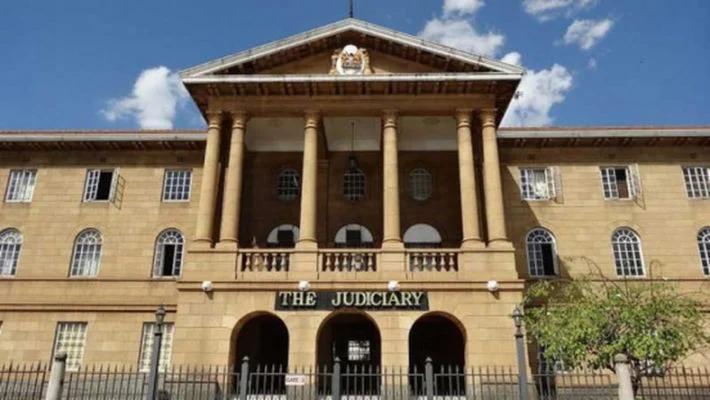High Court issued stay orders that would restrain the quashing of the affordable housing levy until January 10,2024.

This decision comes after the High Court voted against some sections of the Finance Act, 2023. Among the sections declared unconstitutional is the Housing Levy, ruling that it violates Article 10, 2 (a) of the Constitution. According to the court, it is discriminatory to charge the employed and leave out the unemployed.
The ruling included instructions issued to the Kenya Kwanza Administration to halt the collection of the housing levy. The court then issued stay orders after the Respondents in the case, led by Lawyer George Murugara, requested 45 days to comply with the court ruling.
Subscribe to Switch TV
“In those 45 days, I urge you to suspend the oppression of those particular findings in the judgement and any decree that may flow therefrom pending the filing of a formal application under the Mutunga Rules and the Court of Appeal Rules.”
“The reason is that, first, we have to make the necessary adjustments to the government procedure of taxation so that no party/arm of government is sued for contempt.”
After the stay orders were issued, salaried Kenyans are assured to keep paying the taxation fee until January 10, 2024.
Finance Act Ruling
A three-judge bench composed of Justices David Majanja, Lawrence Mugambi and Christine Meoli were selected by Chief Justice, Martha Koome. They also declared sections 84, 72 to 78 of the Finance Act null and void.
“We find that the introduction of the housing levy amendment to section 84 lacks a comprehensive legal framework in violation of Article 10 of the constitution, that levy against persons in formal employment without justification is discriminatory and irrational,” Justice Majanja read the judgement.
After the Finance Act 2023 was enacted, salaried Kenyans were deducted 1.5 per cent of their salaries to the government. Kenya Revenue Authority was mandated to be the collecting agent of the fund.
Employers have been remitting their 1.5 percent contribution alongside a similar rate for their employees as well.
Government had cited that the unwelcome deduction would enable them achieve their ambitious plan of constructing affordable homes for low-earning Kenyans.
Read Also: Court Rules the Housing levy as Unconstitutional
















